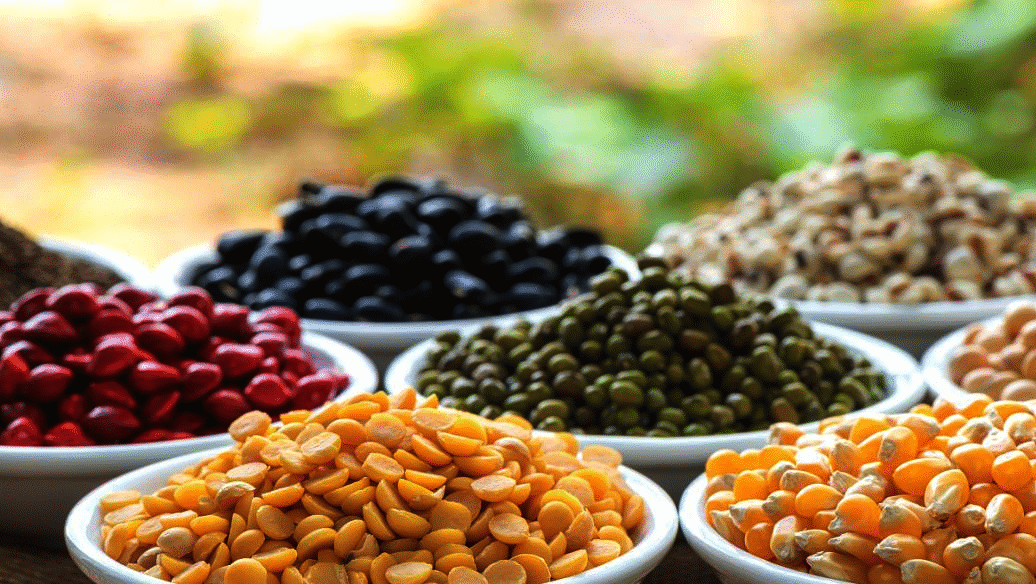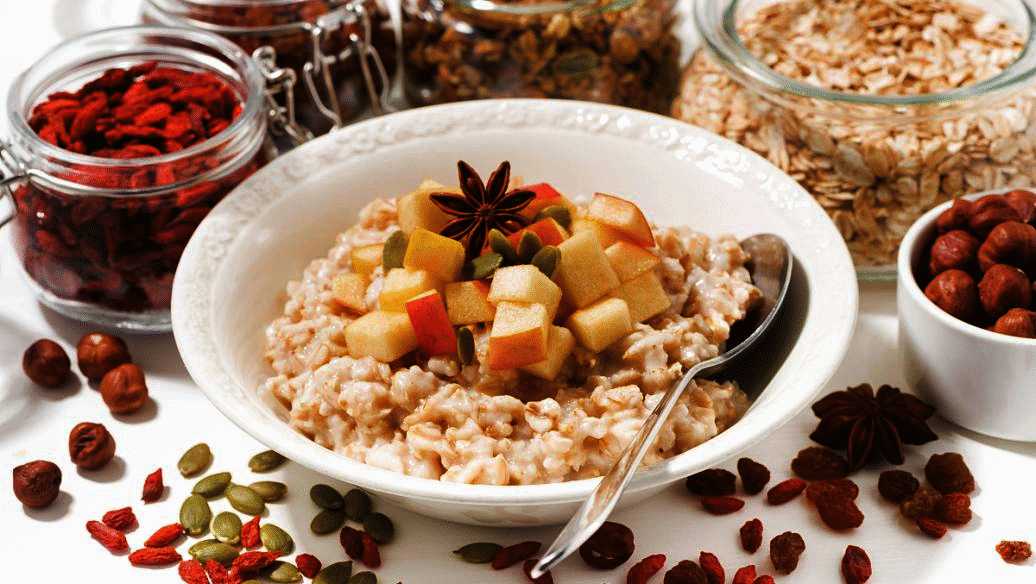What are the primary ingredients and nutrients of cereal breakfast?
Our Cereal Production Line is capable of manufacturing a wide range of cereal breakfasts. Generally speaking, the most popular breakfast options include for instance, corn flakes, oatmeal, red date flakes, Cheerios cereals, etc. As a matter of fact, the original ingredients of cereal breakfast are pretty natural and simple; those are generally corn meal, rice, black rice, wheat, oats, buckwheat, etc. There is no doubt that our cereals serve as a nutritious and convenient breakfast choice both for you and your family. Moreover, insightful information with more details is provided in the following concerning the primary ingredients of our breakfast cereals as well as the nutrient fortification.

1. Corn
Corn is a staple in cuisines all around the world. While plenty of people enjoy corn, many don't realize that it's actually a very nutritious crop.
Whole corn is loaded with fiber and contains vitamin C, B vitamins, magnesium, potassium, protein, carotene, progesterone, phosphorus, zinc and other minerals. Corn offers several health benefits beyond its vitamin and mineral content. Depending on the color, corn is rich in a variety of antioxidants and beneficial plant compounds that protect against disease. When your loved one eats corn, this antioxidant protects him or her against macular degeneration and other eye diseases caused by aging. Moreover, eating corn helps regulates your blood sugar. The diverse nutrients in corn combine in a way that is beneficial to blood sugar levels. Protein and fiber even out digestion, which prevents sudden spikes and drops in your blood sugar. Corn is rich in amino acids, which can promote the metabolism of brain cells and eliminate ammonia in the tissues of the brain; by eating corn, your loved one consumes the necessary amount of beta-cryptoxanthin to lower his or her risk of lung cancer. All in one, corn can provide the best of both worlds: delicious food that's good for your health.
2. Rice
There are several benefits of eating rice regularly. Whether you're looking for a protein-rich food for your vegan or vegetarian diet or looking for an awesome pre-workout meal, high-protein rice is an ideal candidate! Brown and white rice work in many ways to improve your body's overall health. Rice can provide rich vitamins, oryzanol, protein, anthocyanins and other nutrients. Magnesium in rice is the structural component of bones that assists in hundreds of enzyme reactions involved in the synthesis of DNA and proteins and is required for proper nerve conduction and muscle contraction. As mentioned before, rice is a natural anti-inflammatory. Its anti-inflammatory properties help to decrease the depositing rate of atherosclerotic plaque inside the blood vessel walls. This then decreases your risks for severe heart conditions such as heart attacks or strokes. Rice is considered a cosmetic healing tool and they swear by it. Rice and rice water are still one of the most popular beauty ingredients in a lot of skin whitening, brightening, anti-aging skincare products.
3. Forbidden rice
One serving of black rice also provides 6% of your daily requirements of iron, a mineral we need to keep our blood strong and supply oxygen to our cells. Black rice contains protein, carbohydrates, B vitamins, vitamin E, calcium, phosphorus, potassium, magnesium, iron, zinc and other nutrients. Moreover, studies show that the phytochemicals found in black rice reduce the LDL cholesterol (aka bad cholesterol) which is a common contributor to cardiovascular diseases, and also lowers overall cholesterol. Eating black rice promotes healthy brain function: A study conducted in Bulgaria found anthocyanins to improve learning and memory functioning.
4.wheat
Wheat is a good source of fiber, essential vitamins, and minerals. Eating both refined and unrefined whole wheat is not bad for health but whole wheat is healthier because all the nutrients are intact. Wheat has been found to have several health benefits, such as a reduced risk of diabetes, heart disease, cancer, and obesity. Wheat also fuels the body and essential for various body functions. Healthy preparations of wheat, without excess oil or sugar, is not bad for health. Decreased risk of heart disease is expected when consuming wheat, it has been found that 28 grams of whole grains daily can lower the risk of heart disease. Also, the insoluble dietary fiber in wheat can prevent constipation and cancer.
5. Oats
Oats are among the healthiest grains on earth. They're a gluten-free whole grain and a great source of important vitamins, minerals, fiber and antioxidants. Studies show that oats and oatmeal have many health benefits. These include weight loss, lower blood sugar levels and a reduced risk of heart disease. The content of protein, and dietary fiber in oats are higher than other cereal crops. By eating oatmeal every day, you can lower your total cholesterol level, reduce the 'bad' LDL cholesterol, and increase your 'good' HDL cholesterol levels. It is best to choose varieties of oatmeal that are less processed and to limit added sugars.

6. Buckwheat
Buckwheat is a highly nutritious whole grain that many people consider to be a superfood. Among its health benefits, buckwheat may improve heart health, promote weight loss, and help manage diabetes. Buckwheat is a good source of protein, fiber, and energy. It contains chlorophyll and rutin that other cereal grains do not have. Buckwheat is also richer in minerals, potassium, magnesium, copper, chromium, zinc, calcium, and manganese than that of other crops. It also contains trace elements such as boron, iodine, diamond, and selenium.
The main effects of buckwheat are anti-bacterial, anti-inflammatory, anti-tussive. It contains all the 8 essential amino acids that our body needs as the building blocks of our cells, and for its main vital functions. Its proteins have a high biological value, which means that the protein can be easily absorbed and assimilated into our own bodies. Compared to real grains, buckwheat contains a lot of lysine, an amino acid very important for the health of the skin, tissues, and our immune system. It is one of the components of collagen and keratin! It also has a low glycemic index, which does not cause blood glucose peaks and is, therefore, suitable for diabetics, children. Consumption of buckwheat lowers glycemia in diabetics.
The above is an introduction to the main ingredients and their nutritional components of breakfast cereals. Our Cereal Production Line can use these as primary ingredients to produce high-quality, organic, different types of breakfast cereals. Furthermore, we sincerely hope the article is insightful and informative for you.












